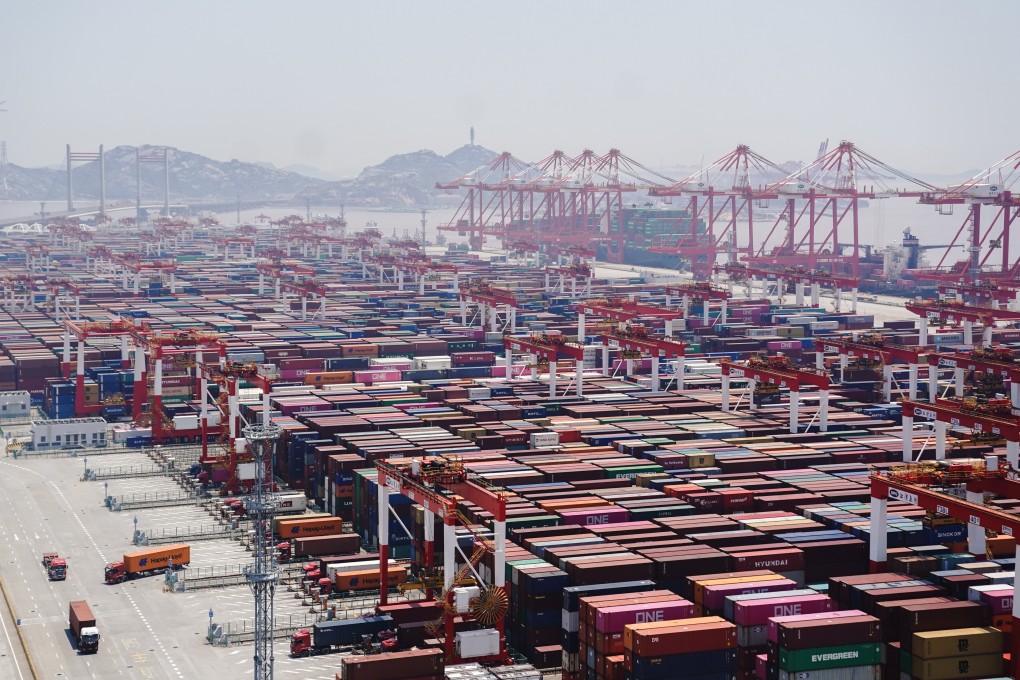Why Chinese demand for African imports might defy Covid lockdowns, supply chain snarls
- Food security push seen to feed demand for African farm products, with the EV and construction sectors driving raw materials purchase
- China’s exports to Africa, on the other hand, are likely to take a hit, say analysts

But there will be minimal impact on Chinese imports from Africa, especially of agricultural goods and industrial raw materials, even though exports to the continent will be hit, according to observers.
Other than Shanghai, which handles a fifth of China’s port volumes, major trade centres such as Fuzhou, Suzhou, Tianjin, Shenzhen and Xian were also partially locked down in April, exacerbating supply chain issues.
As the factory of the world, China accounts for 15 per cent of global merchandise exports; meaning any supply chain disruptions have significant ramifications for global trade.
Most African countries are heavily dependent on China trade, with the resource-rich among them exporting most of their oil, minerals and metals to the country, while Chinese exports to the continent include electronics, machinery, fabrics, clothing and home appliances.